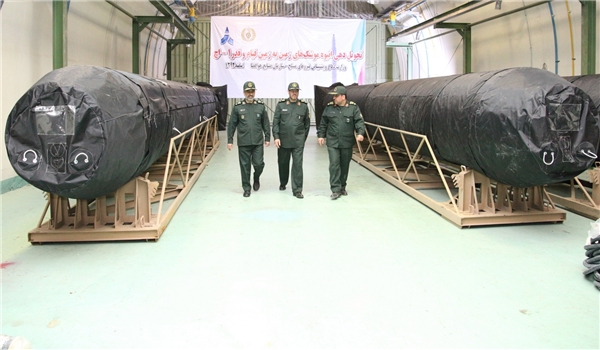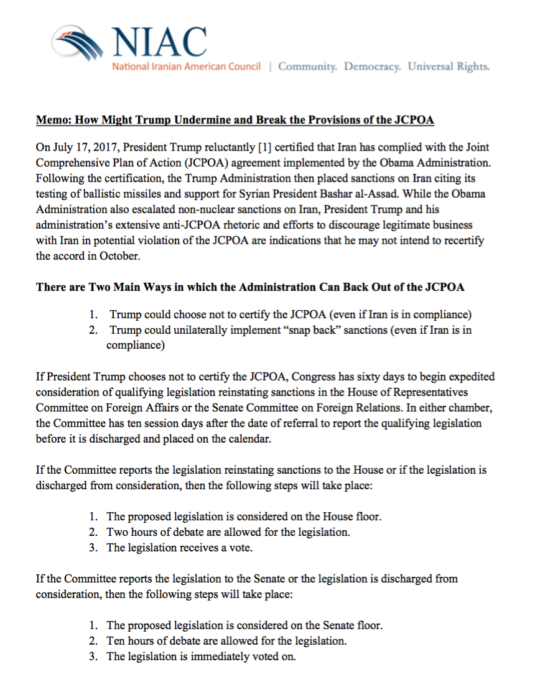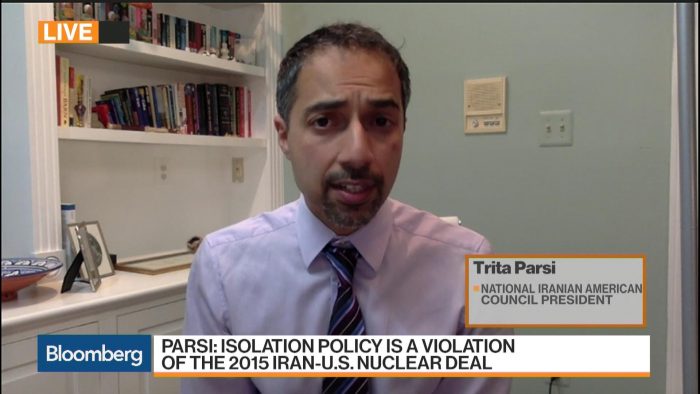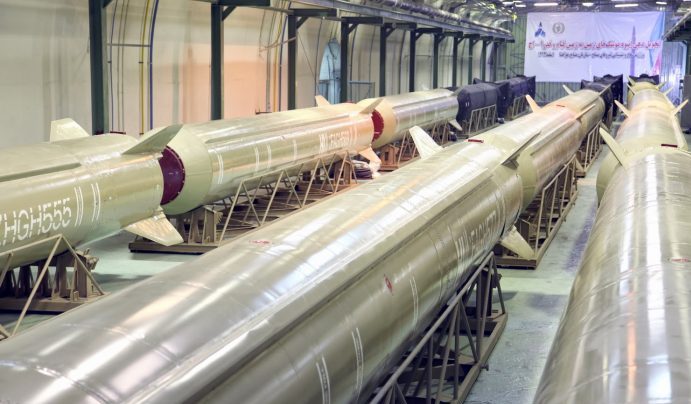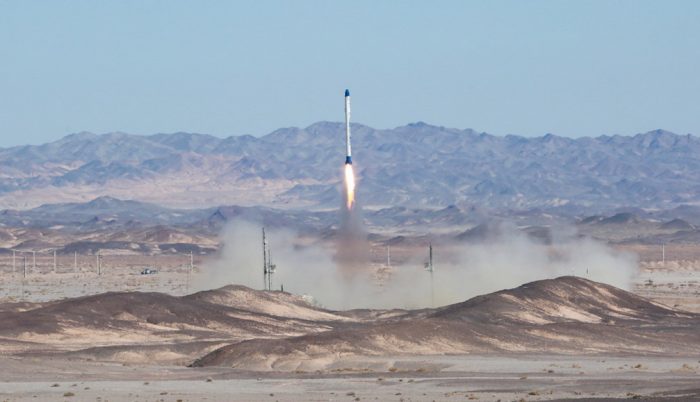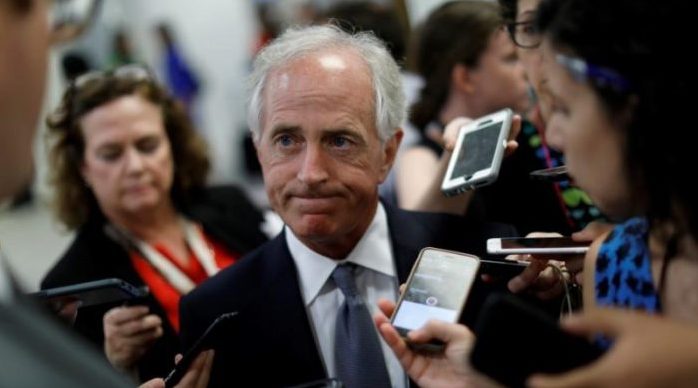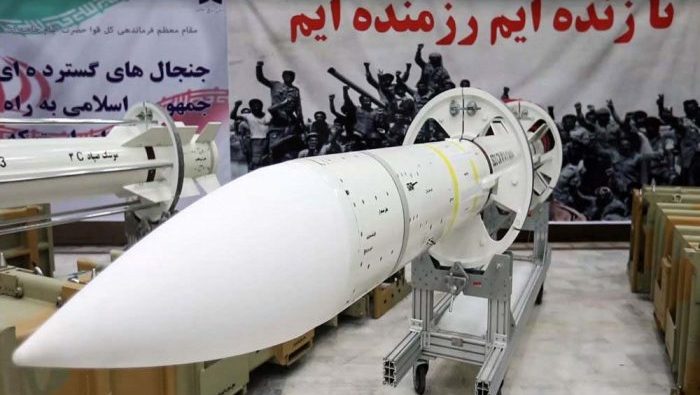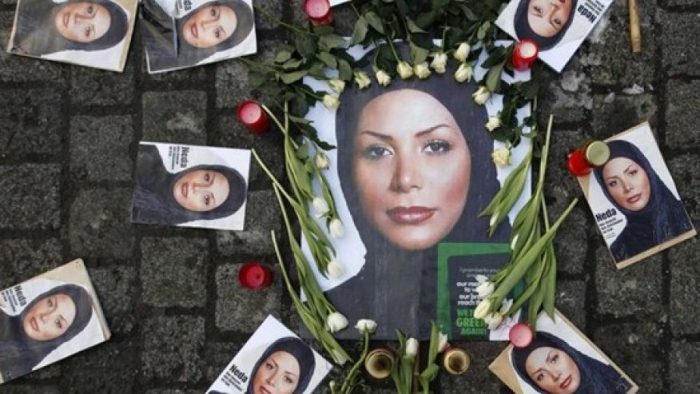The Iran lobby is in full attack mode against President Donald Trump and it’s not a surprise. We predicted as early as last December that the Iran lobby would mobilize to block any moves made by the new Trump administration to curb Iranian regime excesses.
It did not matter what the administration did so long as it might be construed to make things more difficult for the mullahs in Tehran then it deserved fierce opposition from the Iran lobby.
To that end the Iran lobby’s chief architect, the National Iranian American Council, first turned its attention to the debate over immigration, since for the NIAC, it was a perfect opportunity to burnish its credentials as a progressive fighter for human rights. An ironic notion since it all but encourages Iran to abuse its own people by not voicing any opposition to the continued imprisonment, torture and execution of thousands of Iranians.
It then tried to attack the Trump administration over its escalation in Syria in the fight against ISIS and the Assad regime, but as they say in the Deep South, “that dog just wouldn’t hunt.”
The NIAC and its allies got little traction on that issue, especially in light of horrific scenes of chemical attacks by Assad forces on Syrian civilians and the increase of direct attacks on U.S.-backed forces by Iranian-backed Iraqi Shiite militias.
The handwriting was on the wall that trying to defend Iran in Syria was a no-winner for the NIAC.
It then shifted back to familiar ground by pushing the idea that the president was actively seeking a war with Iran and looking for excuses to start one.
It’s a stupid notion since the provocations for starting a conflict with Iran are already abundant and excessive:
- Iranian regime has detained American sailors and repeatedly made attack runs at several U.S. warships in international waters warranting the firing of warning shots;
- They have falsely arrested and detained several American citizens;
- Iranian regime has supported the smuggling of weapons and insurgents to U.S. allies in Bahrain, Qatar and Kuwait—home to important U.S. military bases—in an effort to de-stabilize and topple those governments;
- Iranian Revolutionary Guard Corps commanders have consistently made threats of attacks on U.S. personnel in Syria, Afghanistan and Iraq and have used their Quds Force units to supply insurgents and militias with IEDs and weapons to target them;
- Iranian regime has launched multiple missiles in violation of United Nations Security Council resolutions with heavier payload capacity and extended ranges now long enough to strike throughout Europe, Africa and Asia;
- Iran mullahs have used cash gained from the lifting of economic sanctions from the nuclear deal not for restarting a moribund economy, but rather to fund its wars in Syria and Yemen with the express purpose of destabilizing Saudi Arabia, the most important Arab ally the U.S. has in the region; and
- Iranian regime has continued to escalate cyberattacks against U.S. financial institutions, commercial enterprises and infrastructure elements in a wide-ranging effort to de-stabilize the U.S.
Any of these actions, by themselves, would warrant a strong U.S. response and yet the NIAC and its cohorts in the “echo chamber” of Iranian regime support have always sought to portray the mullahs as some poor, defenseless lambs.
Take for example Mitchell Plitnick, a so-called policy analyst that has bounced around several progressive Jewish outfits and now finds a home as a frequent supporter of the Iranian regime.
He authored a recent editorial that appeared on the same day in noted Iran lobby mouthpiece, Lobelog, and +972 Magazine, that President Trump’s demand for more access for international inspectors to Iranian military bases for evidence of nuclear development work was a “red line” for the mullahs and would effectively kill the deal.
“Access to those sites was an Iranian red line during negotiations, and the agreement to omit that access from the deal was an important component in getting the deal done,” Plitnick writes.
It’s a stupid argument to make since he neglects to mention that Iran’s deep desire to keep its military bases off limits from inspection already created the high probability that Iran is cheating and conducting nuclear work in those safe zones.
Remember, in the ramp up of its nuclear program, which Iran always claimed never existed, the regime spread its development and research work across the vast deserts of Iran and buried them deep in fortified bunkers. The International Atomic Energy Agency, the UN watchdog, has never had a complete and thorough accounting of every potential nuclear site in Iran.
Also, Iran was allowed to scrub several sites clean with bulldozers in clearing tons of dirt and debris away before soil samples were taken by Iranians and handed over to the IAEA. Even then, particles of nuclear materials were still detected.
The position that Trita Parsi of the NIAC takes that the president is actively seeking to invalidate the nuclear agreement is false since the truth is that the nuclear agreement is largely being ignored by Iran already.
Also, he fails to note in his extensive press interviews this week that the president’s own State Department has certified Iran every 90 days even though it could have pulled the plug from the president’s swearing in.
All of which means, President Trump is not in a hurry to dump the nuclear deal as much as he is eager to find a plausible pathway for addressing all of the concerns he has with Iran including terrorism, human rights and ballistic missiles.
Parsi’s intense focus on the nuclear deal is yet another distraction to turn attention away from the most menacing aspects of Iran today which is its North Korean-like march to missile dominance.
That is the issue grabbing headlines and global attention and Parsi and his friends are desperate to turn the spotlight away.
Michael Tomlinson
